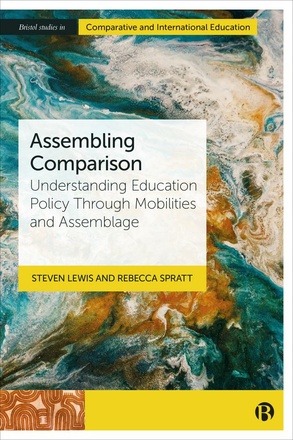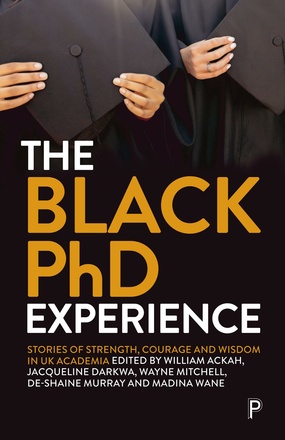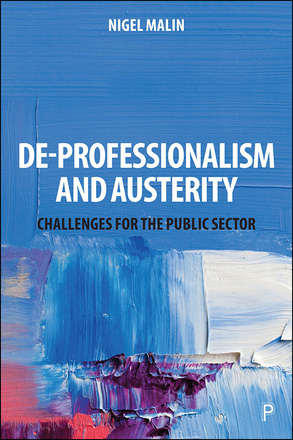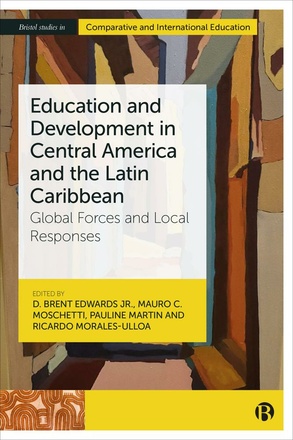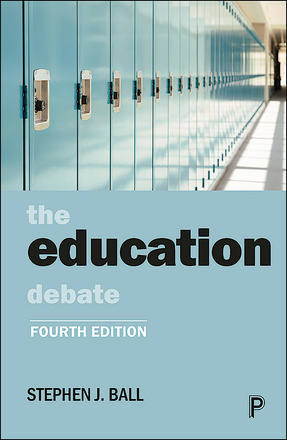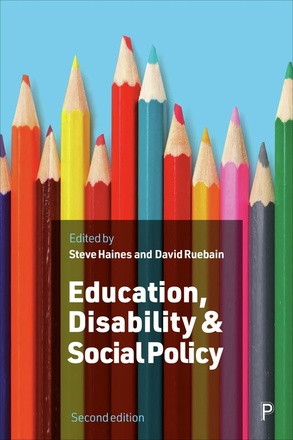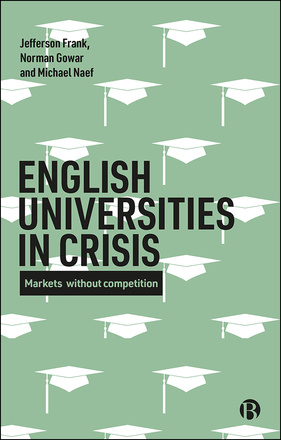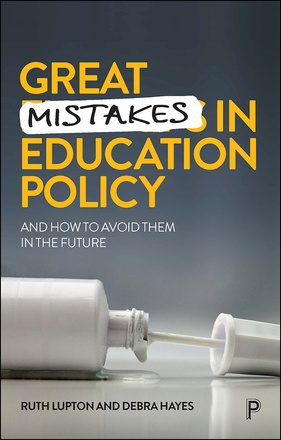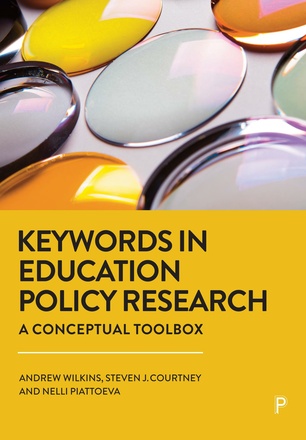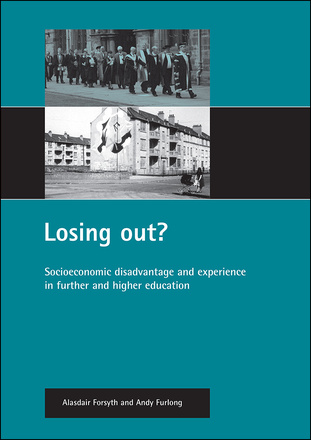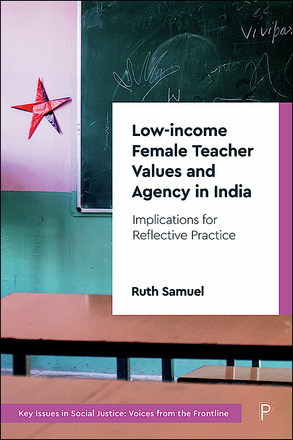Education Policy
Assembling Comparison
Understanding Education Policy through Mobilities and Assemblage
This book combines assemblage theory and policy mobilities to inform the study of comparative and international education (CIE), focusing on education policy and how such policy moves are enacted.
The Black PhD Experience
Stories of Strength, Courage and Wisdom in UK Academia
Drawing on students’ experiences of structural racism in the UK higher education institutions, this book offers an informed analysis on the barriers to Black student progression. It documents success stories and provides key recommendations for the sector on how to eliminate discrimination and achieve positive results for Black students.
De-Professionalism and Austerity
Challenges for the Public Sector
From scarcer resources to greater stresses, this book charts how policies and cuts have compromised workers’ ability to undertake their professional roles. Combining research and practice experience, it assesses the extent of de-professionalisation in recent years, and how workers have responded.
Education and Development in Central America and the Latin Caribbean
Global Forces and Local Responses
Rooted in an international political economy theoretical framework, this book provides unique insights into the global forces and local responses that are shaping education systems in Central America and the Latin Caribbean (CALC).
The Education Debate
This extensively updated fourth edition by the key author in the field will maintain its place as the most important text on education policy and makes essential reading for all students and anyone interested in education policy more generally.
Education, Disability and Social Policy
This new edition of the milestone book Education, Disability and Social Policy outlines critical debates in education concerning the position and experiences of disabled children and young people within a contemporary policy context.
Educational Collateral Damage
Disadvantaged Students, Exclusion and Social Justice
Drawing on student experiences and the perspectives of senior leaders, this book challenges orthodox thinking about school exclusion and advocates for a fairer education system for disadvantaged students.
English Universities in Crisis
Markets without Competition
Student fees have saddled graduates with enormous debt, satisfaction rates are low, a high proportion of graduates are in non-graduate jobs, and public debt from unpaid loans is rocketing. This timely and challenging analysis gives robust new policy proposals to encourage excellence and ultimately benefit society.
Great Mistakes in Education Policy
And How to Avoid Them in the Future
Situating the cases of England and Australia within broader global policy trends, this book critically analyses what has gone wrong with education policy. Drawing on wide-ranging research, the authors issue a fundamental challenge to current policy orthodoxies, and identify policy alternatives to make education both better and fairer.
Keywords in Education Policy Research
A Conceptual Toolbox
Designed as a reference, learning and teaching tool to assist students, educators and researchers, this book describes the history, contribution and application of over 90 keywords in the field of education policy research.
Losing out?
Socioeconomic disadvantage and experience in further and higher education
Despite the expansion of higher education, representation, level of participation and likelihood of academic success remain highest amongst young people from affluent areas and lowest amongst those from deprived neighbourhoods. This report identifies factors which impact upon the minority of disadvantaged young people who enter higher education.
Low-income Female Teacher Values and Agency in India
Implications for Reflective Practice
This book shows how the speech and syntax of low-income female teachers in India’s education system establishes a special form of relational agency and empowerment.







